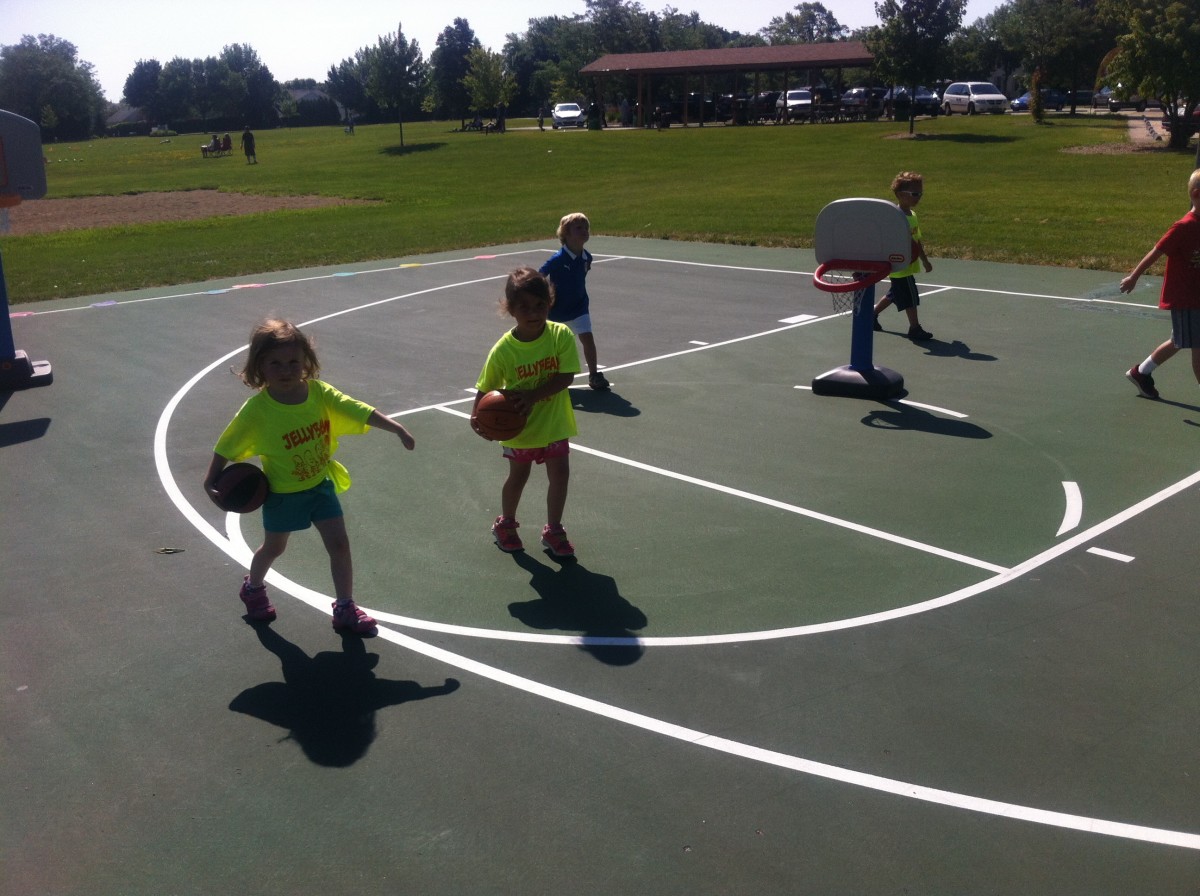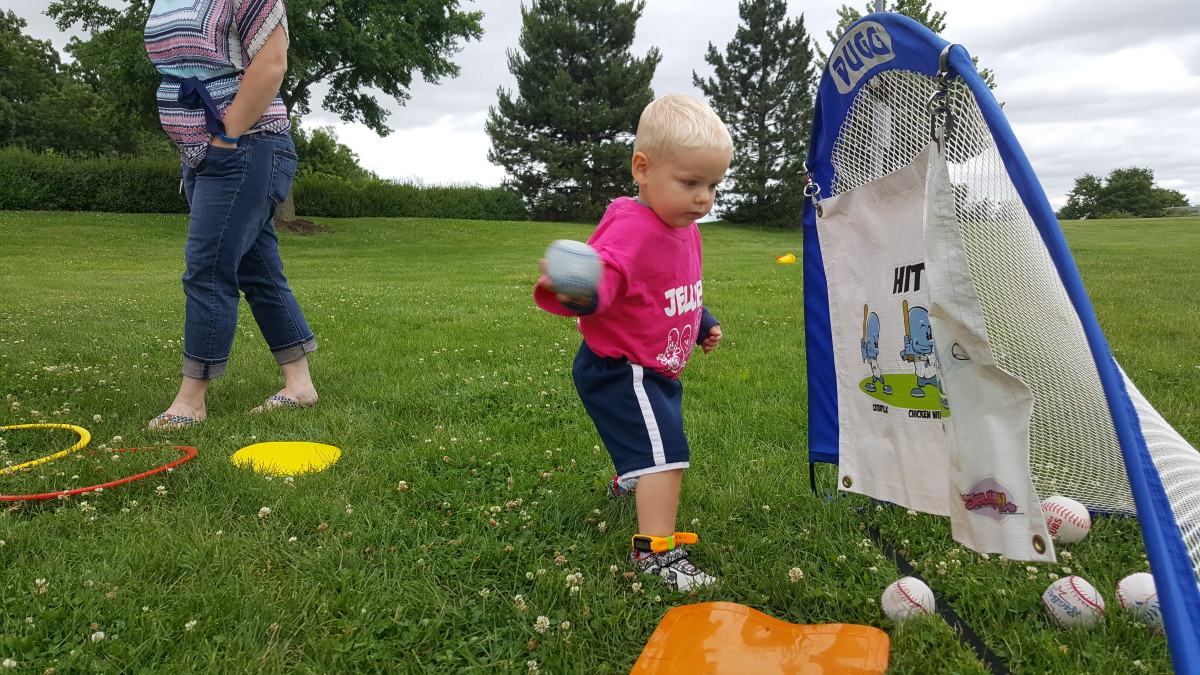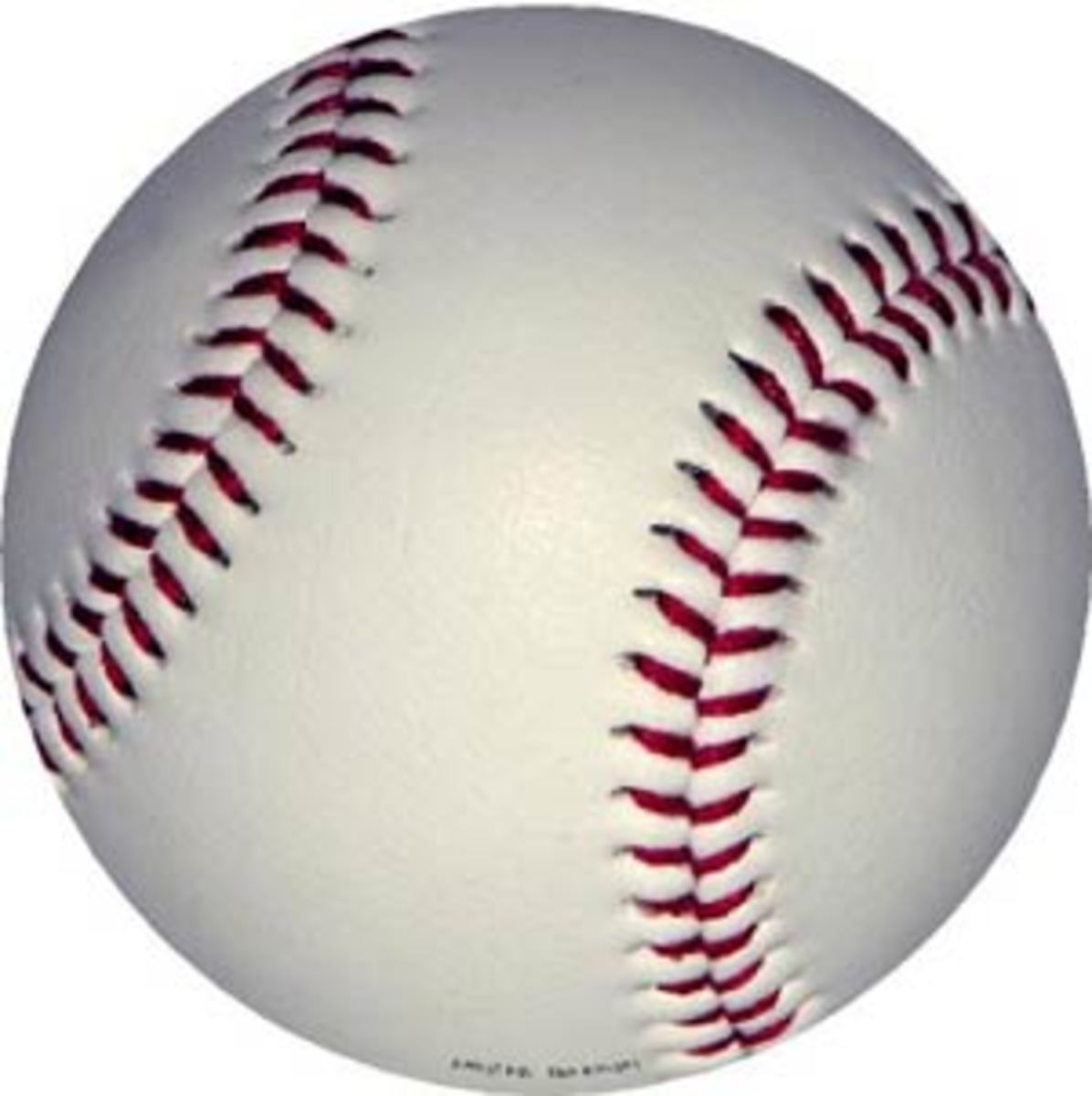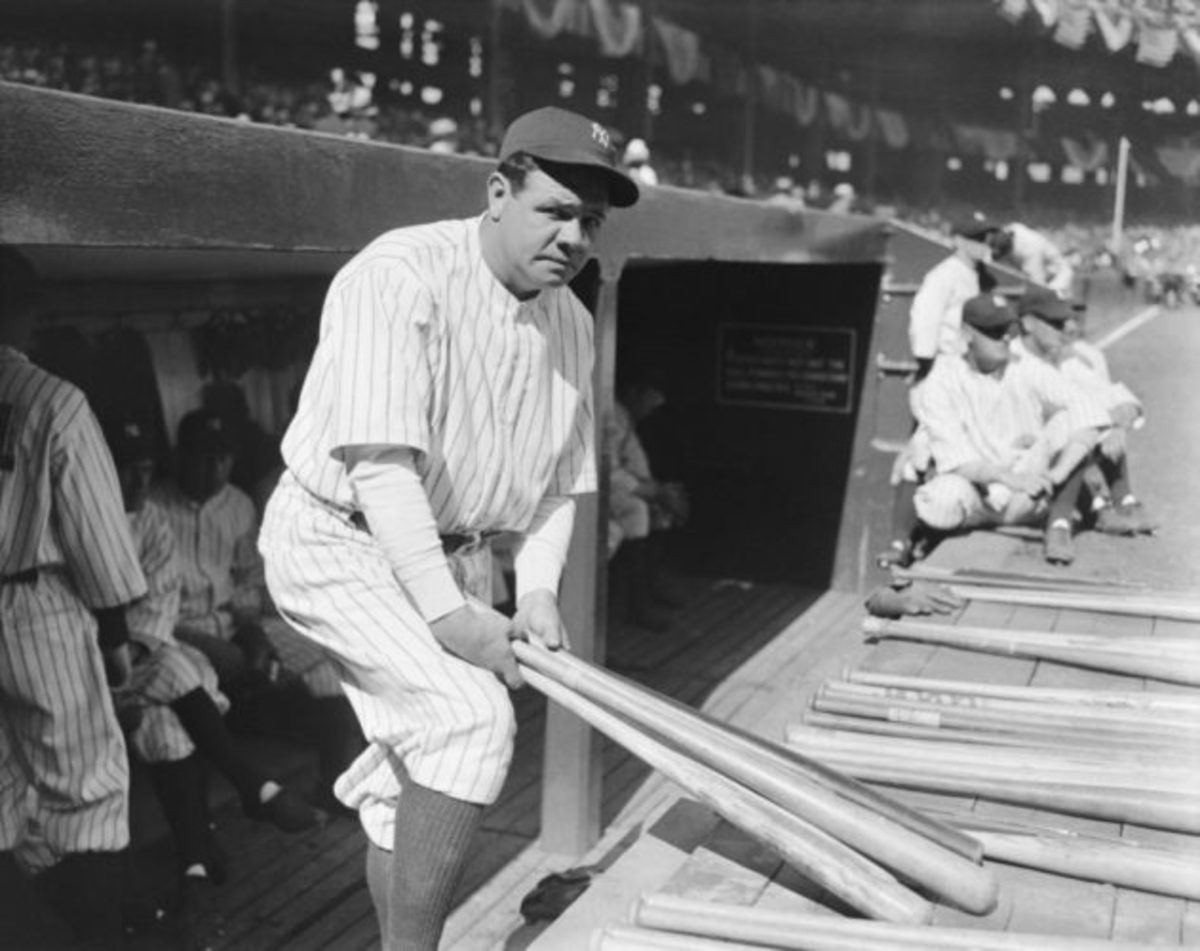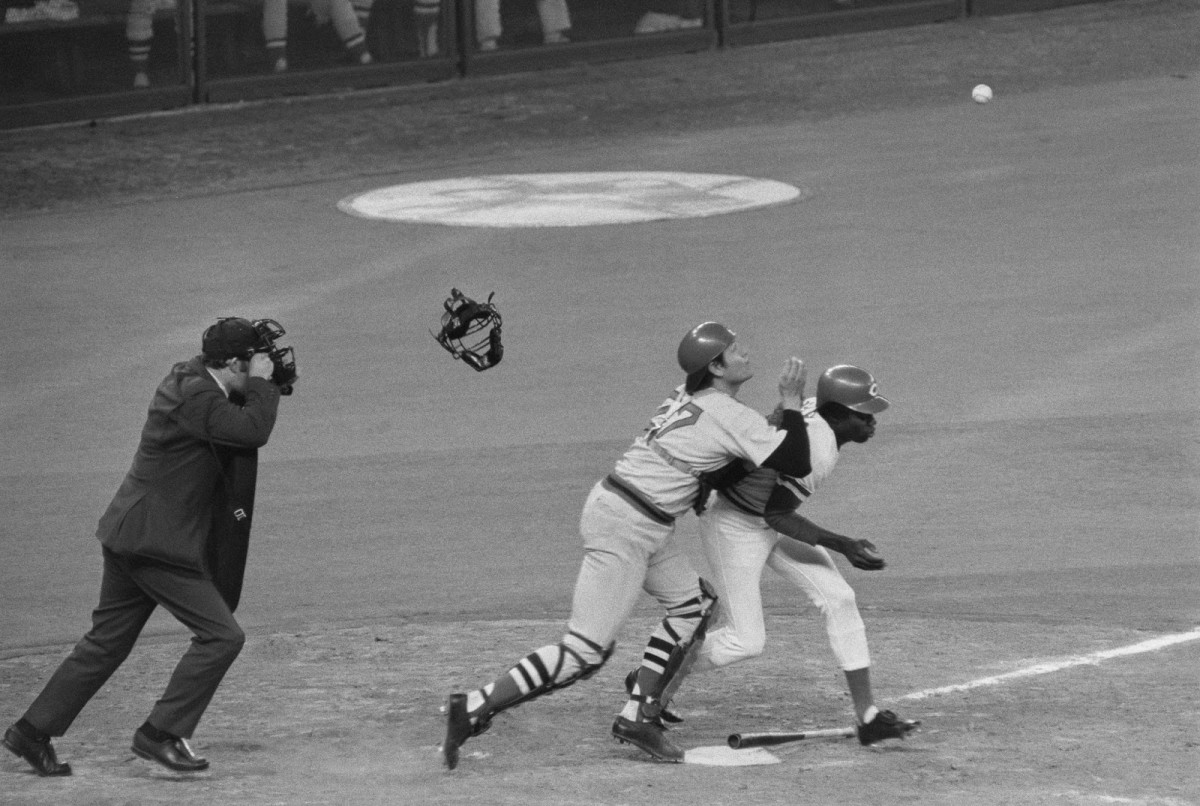JELLY BEAN SPORTS: Teach Young Children to Hit a Baseball Using a Noodle
Sports Parent Question
Hi Coach,
My four year-old plays baseball and I'm able to teach him a lot because his brain is like a sponge and he likes the game. The only area he's been slow in developing in is hitting pitched balls. Even when he does hit the ball, I'm not sure if it's by luck or because he has good control of his bat. His hitting is 50/50 so I'm really not sure. What exercises can I go over to improve his hitting?
Reader -K
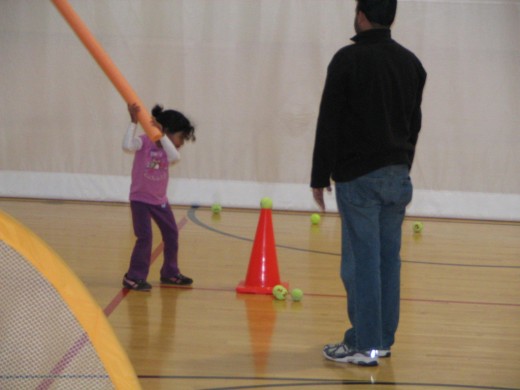
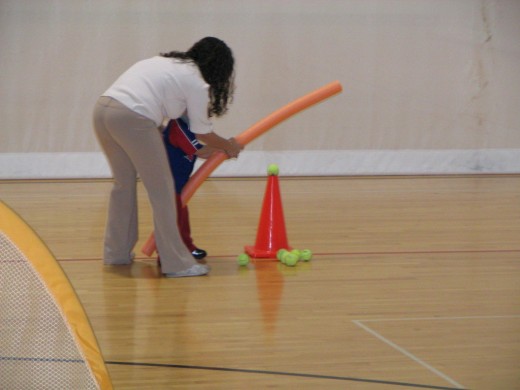
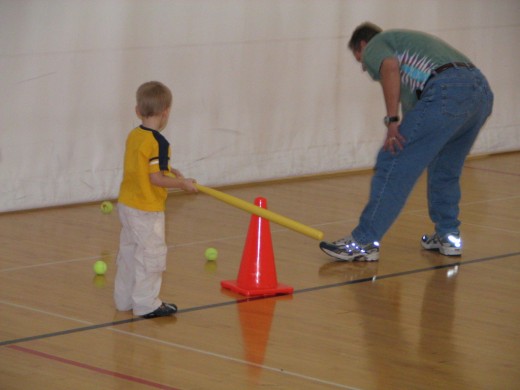
Dr. Kayden Bradley's Response
Hi K,
It is great you are spending time one-on-one with your child. I know it can be a difficult thing to do in the busy adult lives we lead. So let me say, first and foremost, Bravo!
Children's ability to focus and retain information changes daily. Through the age of five, children's brains are developing at an amazing rate every day and we must keep this in mind.
Let's get to the heart of your e-mail...
You wrote: "The only area he's been slow in developing in is hitting pitched balls. Even when he does hit the ball, I'm not sure if it's by luck or because he has good control of his bat. His hitting is 50/50 so I'm really not sure."
1. Focus on the small wins
As adults, we must see the long path children must travel sometimes to do the same things you and I find simple. The fruitful part about working with beginner athletes is they are resilient. The next small win is always just around the corner. Thinking in terms of small wins requires scaling our thinking down and having patience, and plenty of encouragement to give. It is our adult "big-win" mentality that often gets in the way. Don't let it.
2. Don't compare
Your lil' slugger is hitting 50% and that is pretty darn sensational. I get the sense it is a "small win" to you but with every hit it is a "big win" for him. I will warn you as I do many parents, don't compare your child against another. This is a serious pitfall that many sports parents fall into. It is often we, as adults, that strip the fun out of sports for kids. Don't let it happen to you.
Recommendations
- Practice as long as he wants. There will be enough time in future spent in formal practices. The more control he has over your backyard practice, the more he will want to come back for more. And, you know what more practice means.
- Make learning fun. Challenge them. Use noodles, their hand, their elbow, their head to hit the ball off the tee. All of this is improving hand-eye or body-eye coordination in this case. See the pictures I have included. here.
- Remember the basics. It is alright to pitch him baseballs. Always have the tee out as you do. The tee, although shamefully forgotten by many youth coaches, is still used at the college and pro levels to practice maintaining solid hitting form. Keep a tee on-hand at all-times.
- Repetition. One or two baseballs never gets the flow going enough to engage children in hitting. I always have a ball bag full of tennis balls. Go to your local tennis club and ask them for a bag of old tennis balls. They typically are giving them away anyway. After you get them be sure to follow the next step.
- Numbering and Coloring. Although tedious, always, always, always number and color the baseballs or tennis balls you use. A major league hitting technique I picked up along the way and have great success teaching beginner hitters with. What it does is causes kids to focus on the ball better and allows you to monitor how focused they are by asking what color (for the younger ages) or what number (for the older ages) as you pitch or they hit off the tee.

